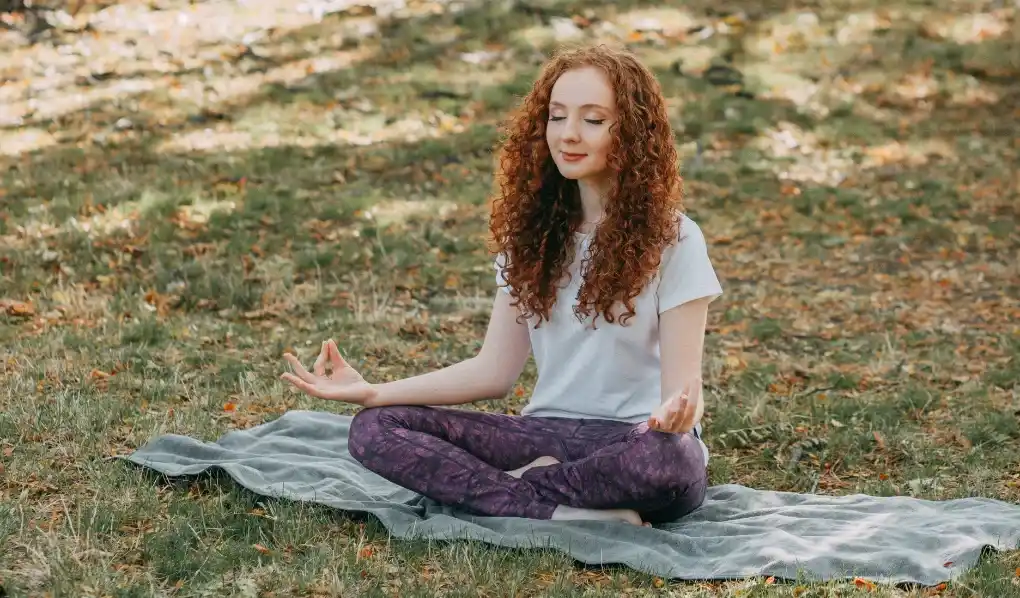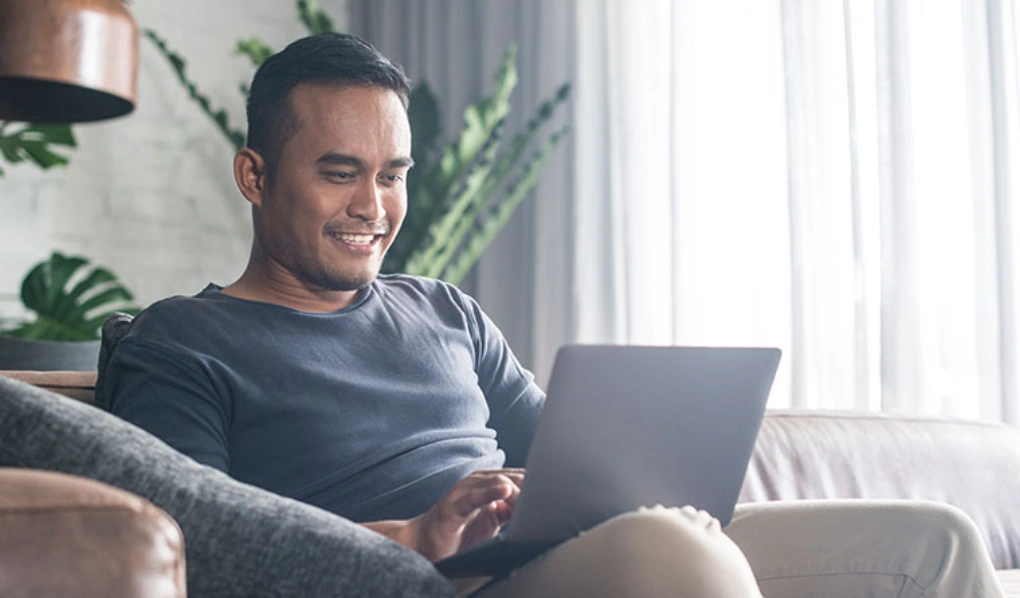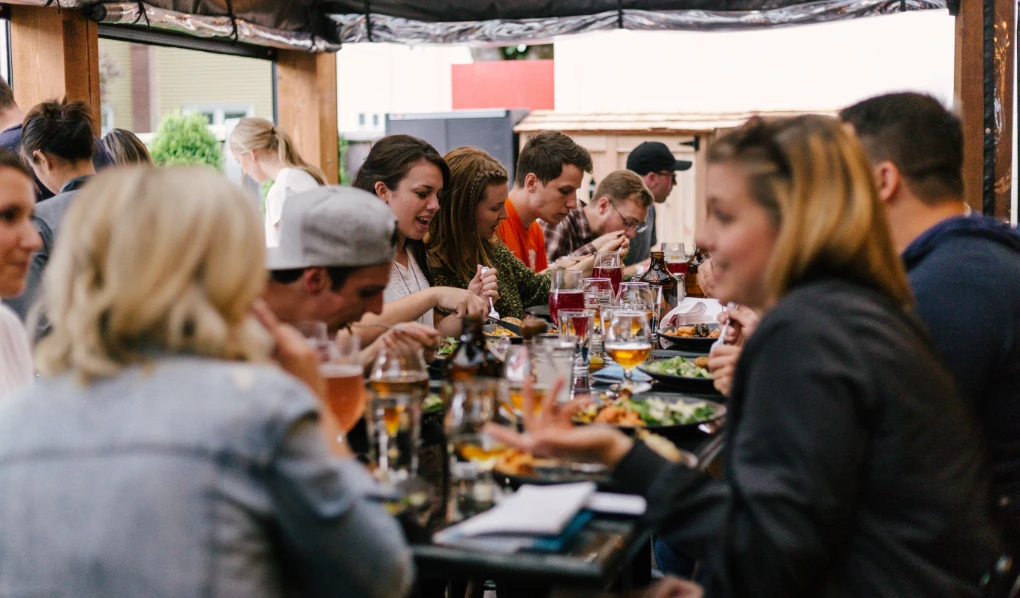Heart thumping, muscles tensing, shallow breathing and foggy thinking. We are probably all familiar with stress in one way or another – from acute anxiety to the kind of nagging worry you lose sleep over.
In times of high stress – such as exams or job interviews – it is important to care for your mental health and wellbeing. Here are three simple exercises from our Student Coaches that might help you clear your mind and relax!
Breathing exercise
Stress and anxiety can affect your heart rate and breathing patterns. A few minutes of deep, slow breathing can help to calm you down physically and mentally.
- Take a slow deep breath in for four seconds (through your nose if possible)
- Hold your breath for two seconds
- Release your breath, taking six seconds (through your nose if possible)
- Then pause slightly before breathing in again and repeat the cycle as needed.

Grounding exercise
Grounding is a technique that helps keep you in the present moment. It can help reorient you to the ‘here-and-now’ when feelings of stress and anxiety start to take over.
- Name five things you can see in the room with you
- Name four things you can feel (“chair on my back” or “feet on floor”)
- Name three things you can hear right now (“fingers tapping on keyboard” or “TV”)
- Name two things you can smell right now (or, two things you like the smell of)
- Name one good thing about yourself.
Muscle Relaxation
Muscle tension is also associated with stress. One method to release this tension is called Progressive Muscle Relaxation (PMR). By relaxing our muscles we can put our body in a state that is incompatible with stress.
- Sit in a comfortable chair
- Put your feet flat on the floor and rest your hands in your lap
- Close your eyes
- Start with the slow breathing exercise (outlined above) for a minute or two
- Tense each of your muscle groups for five seconds, then relax for 10 seconds, in the following order:
- Hands, lower arms, upper arms, shoulders
- Neck, forehead and scalp, eyes, jaw
- Stomach, back and buttock muscles
- Thighs, calves and feet.
Swinburne Online Student Coaches are there to help with all kinds of tips to help coach you through your studies. All current students can book an appointment through the Student Hub.



